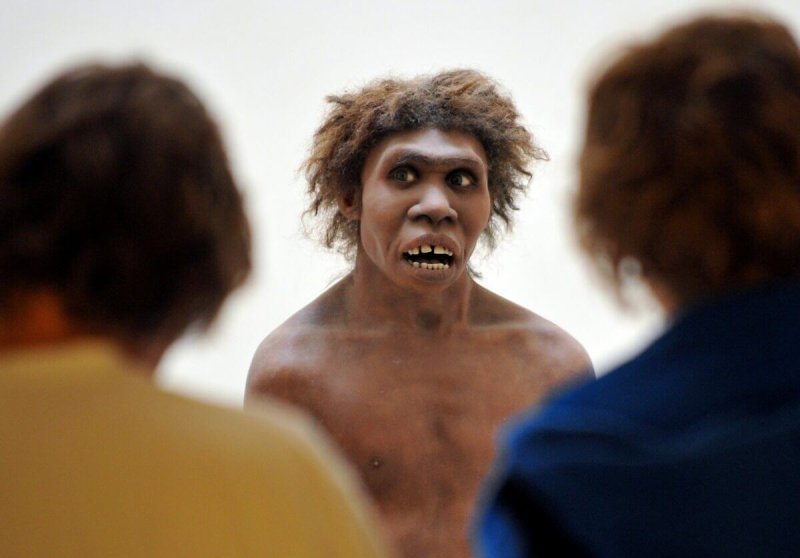Noting over “a dozen serious hypotheses” about the enigmatic disappearance of our nearest cousins [the neanderthals, researchers] conducted a poll to determine which hypothesis paleoanthropologists thought most likely. The authors grouped extinction hypotheses into three groups.
The first category was the principle of competitive exclusion, the idea that the migration of Homo sapiens into Neandertal territories caused competitive differences based on morphological, cognitive, technical, social, or economic reasons.
The second category was the internal demographical dynamics of Neandertals, which denies any influence of competition but proposes their extinction was due to smaller populations, inbreeding, Allee effects (mate-finding troubles due to low population density and restricted population growth), and stochastic fluctuations (random fluctuations in birth and death rates).
The third category held a broad group of environmental factors, including general climatic instability and/or pathogens introduced by Homo sapiens into vulnerable Neandertal populations.
…
The majority of participants chose the second category, demographic factors, as the primary reason for the Neandertal demise.
[However,] popularity does not make a hypothesis worthy. We don’t vote for hypotheses because their popularity has no bearing on their validity. Rather, it is investigation and evidence that decide, in the long run, which hypotheses will stand the test of time.































